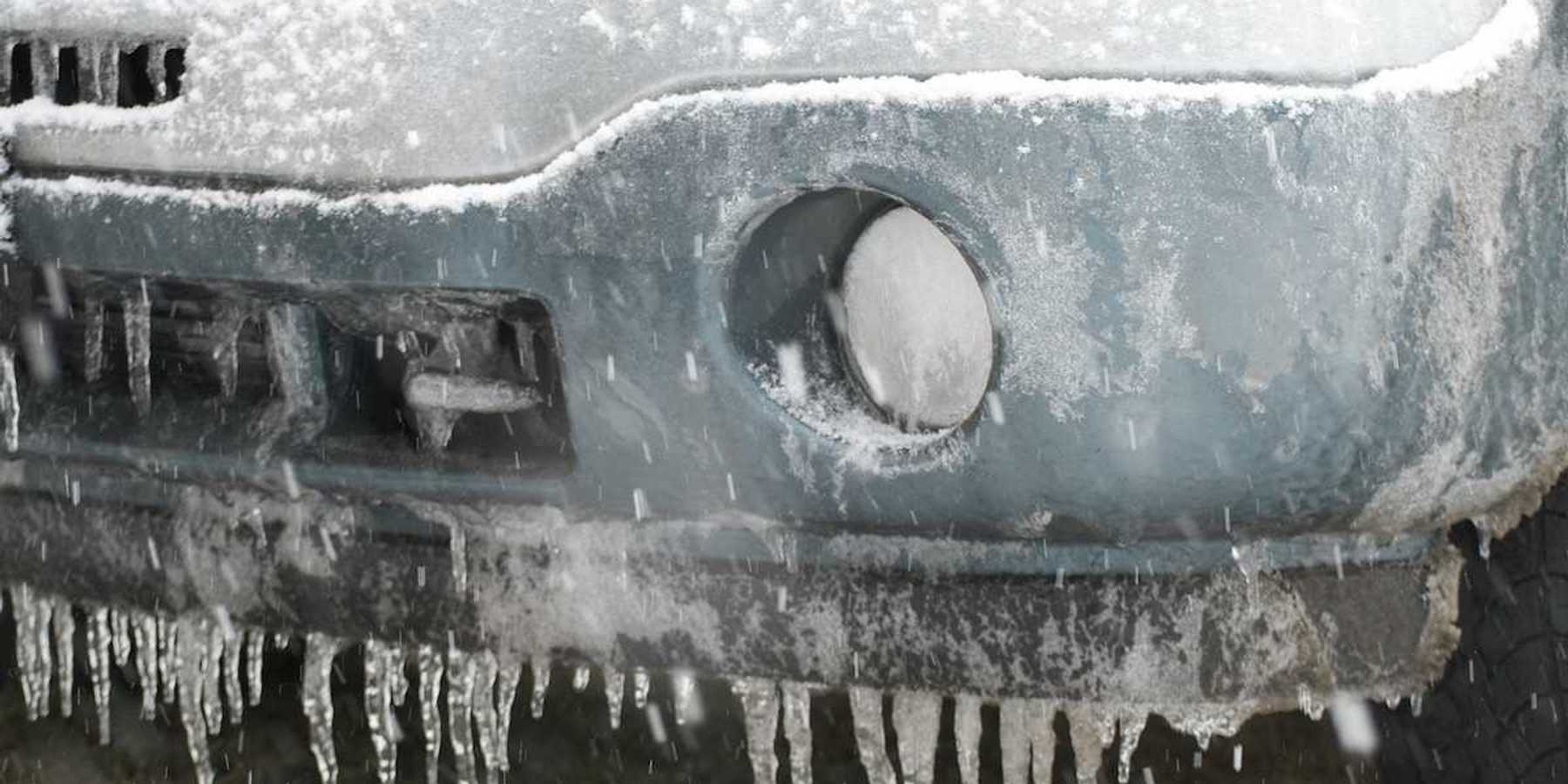Hurricane Helene leaves North Carolina farms with toxic soil and uncertain futures
Farmers across western North Carolina are grappling with waterlogged and contaminated land after Hurricane Helene flooded their fields, posing long-term challenges for crop growth and livelihoods.
Chris Smith reports for The Guardian.
In short:
- Farms in western North Carolina face extensive soil contamination and sediment buildup after flooding caused by Hurricane Helene.
- Flooded soil can harbor dangerous pathogens and chemicals, requiring farmers to use cover crops and soil testing for safe recovery.
- Long-term recovery will depend on natural processes like phytoremediation and support from grants and aid programs.
Key quote:
“Our food system is such that people who feed their communities have to fundraise after disasters. We keep receipts and apply for all the things. We still have topsoil so we have hope.”
— Ed Graves, co-owner of Tiny Bridge Farm
Why this matters:
Toxic soil and crop destruction from extreme weather events threaten food security and the livelihoods of small farmers. As climate disasters increase, communities dependent on agriculture must find ways to rebuild and adapt to these new challenges.
Related: Hurricane Helene’s flooding raises concerns over private well water safety













